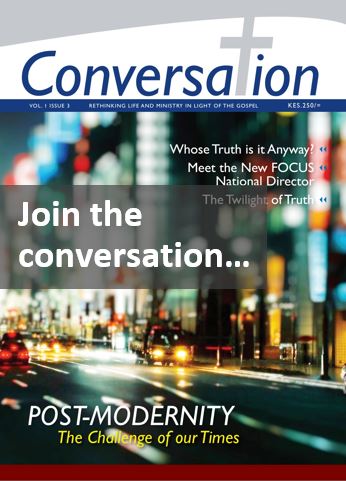Strategy is necessary but let’s not start pinning our hopes on one particular strategy or making laws about the ‘right’ strategy. Ok, let’s define our terms. Perhaps it’s best to see two levels or types of ‘strategy’:
- God’s strategy – this is how God says he’s going to save a people for himself – by sending his Son to die a foolish, weak death on a cross and to have that foolish, weak message of Christ crucified preached in weakness and trembling (1 Cor. 1:18-2:5). This is the big plan. To take a military analogy it’s like a general saying this is going to be land invasion, we’re going to use conventional weaponry, our main objective is to take the capital and we’re going to abide by the Geneva Convention. As gospel workers we have non-negotiable basic marching orders: “Preach the Word”, “Proclaim Christ”, “Pray in the Spirit”, “Renounce deceitful methods”.
- Our strategy – this is where we try to work out answers to questions like “How do we best advance God’s kingdom agenda in our context?”, “How do we keep the main thing the main thing?”, “Is where I am now the best place for me to be serving Christ?” It’s the military equivalent of working out supply lines, campaigns and the specific tactics of particular battles. It’s what the Bible calls wisdom and it can mean doing completely opposite things depending on the circumstances (e.g. Proverbs 26:4-5). Our strategies and vision flow from a clear view of God’s strategy and vision but the practicalities will be different. In one context we might plant a new church, in another we might labour to strengthen a dying one.
My fear is that we sometimes get these confused. On the one hand we can treat God’s strategy as flexible and revisable – perhaps change the message or divert the church’s energies into politics or miracles or marketing. On the other hand we can treat our human strategies and tactics as law. We search the book of Acts for the ten steps to church growth or the perfect form of church governance or arguments for city-based evangelism. But we get a narrative not laws. (Is even Jesus’ 3 years with the 12 disciples meant to be a model for mentoring and discipleship or a sign of restored Israel?) Or perhaps we jump on the latest strategy for church planting or small groups coming out of the US forgetting that their context is not our context. It might work in Seattle but flop in Nairobi.
We’re free – gloriously free to focus on the gospel and do things differently.




What do you think?